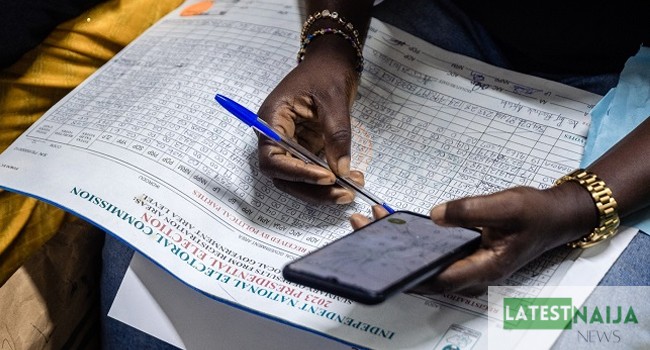In a significant ruling, the Supreme Court has determined that the non-availability of election results on the Independent National Electoral Commission (INEC) Result Viewing Portal (IReV) does not provide sufficient grounds for the nullification of the February 2023 presidential election.

The decision was delivered by Justice Inyang Okoro, the leader of a five-panel of Supreme Court justices. The ruling comes in response to appeals filed by Peter Obi of the Labour Party (LP) and Atiku Abubakar of the Peoples Democratic Party (PDP).
These appeals challenged the verdict of the Presidential Elections Petitions Court (PEPC), which had previously upheld the victory of Bola Tinubu in the February presidential election.
In his address to the court, Justice Okoro emphasized the need for petitioners seeking to nullify an election due to noncompliance to not only prove the existence of such noncompliance but also to demonstrate how it directly affected the outcome of the election, with supporting evidence.
Justice Okoro pointed out that the petitioners had failed in their obligation to establish the gravity of noncompliance and its impact on the electoral process. He underscored that the Electoral Act endows INEC with the authority to determine the best methods for conducting elections.
During the reading of the lead judgment, Justice Okoro stated, “When IReV fails, it does not stop the collation of election results; instead, it deprives people of viewing results. The nonfunction will affect the trust of the electorates in the election. The unavailability of IReV cannot be a ground for the election to be nullified. The failure did not affect the outcome of the election. The issue is resolved against the appellants.”


Comments are closed.